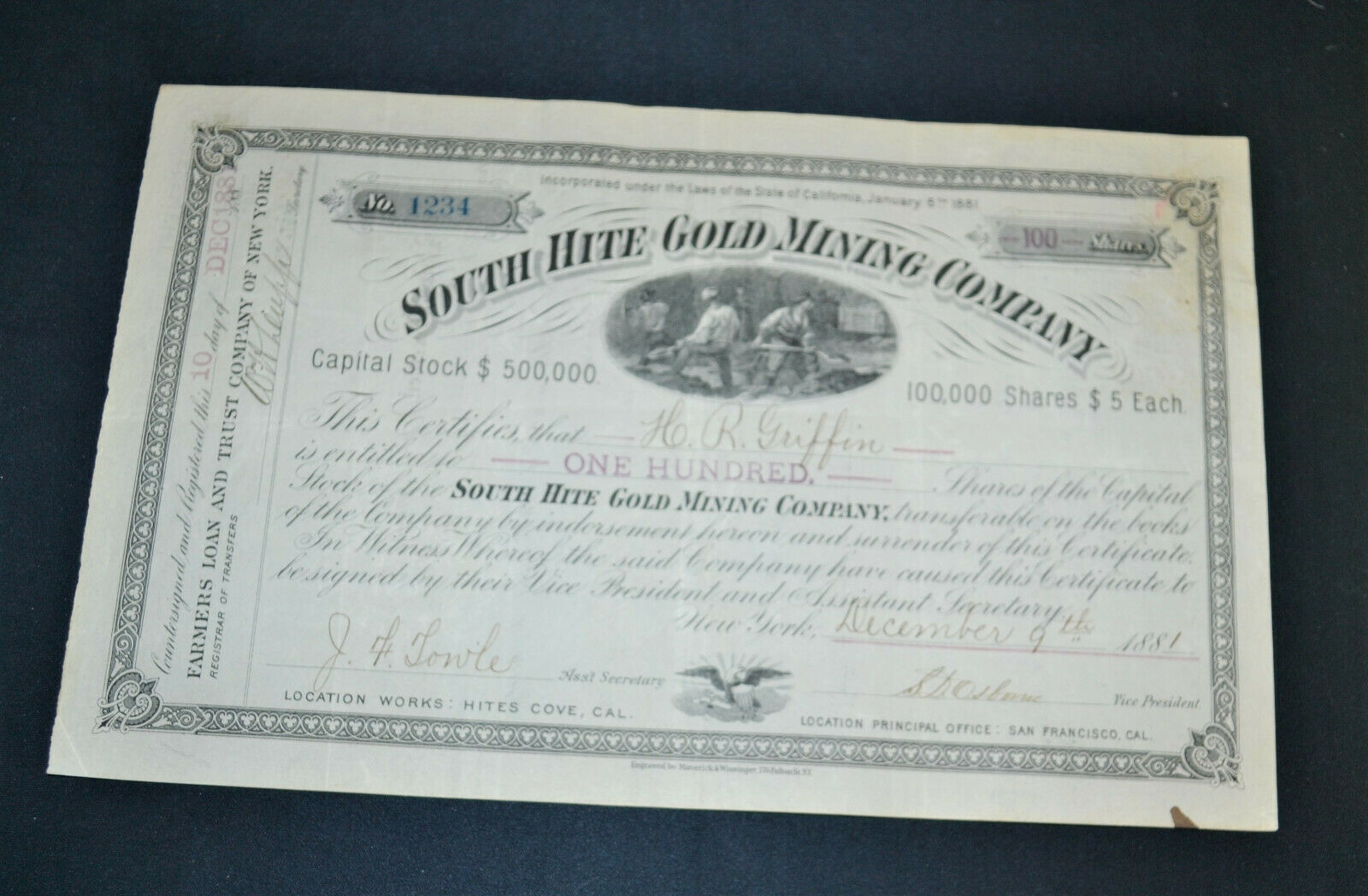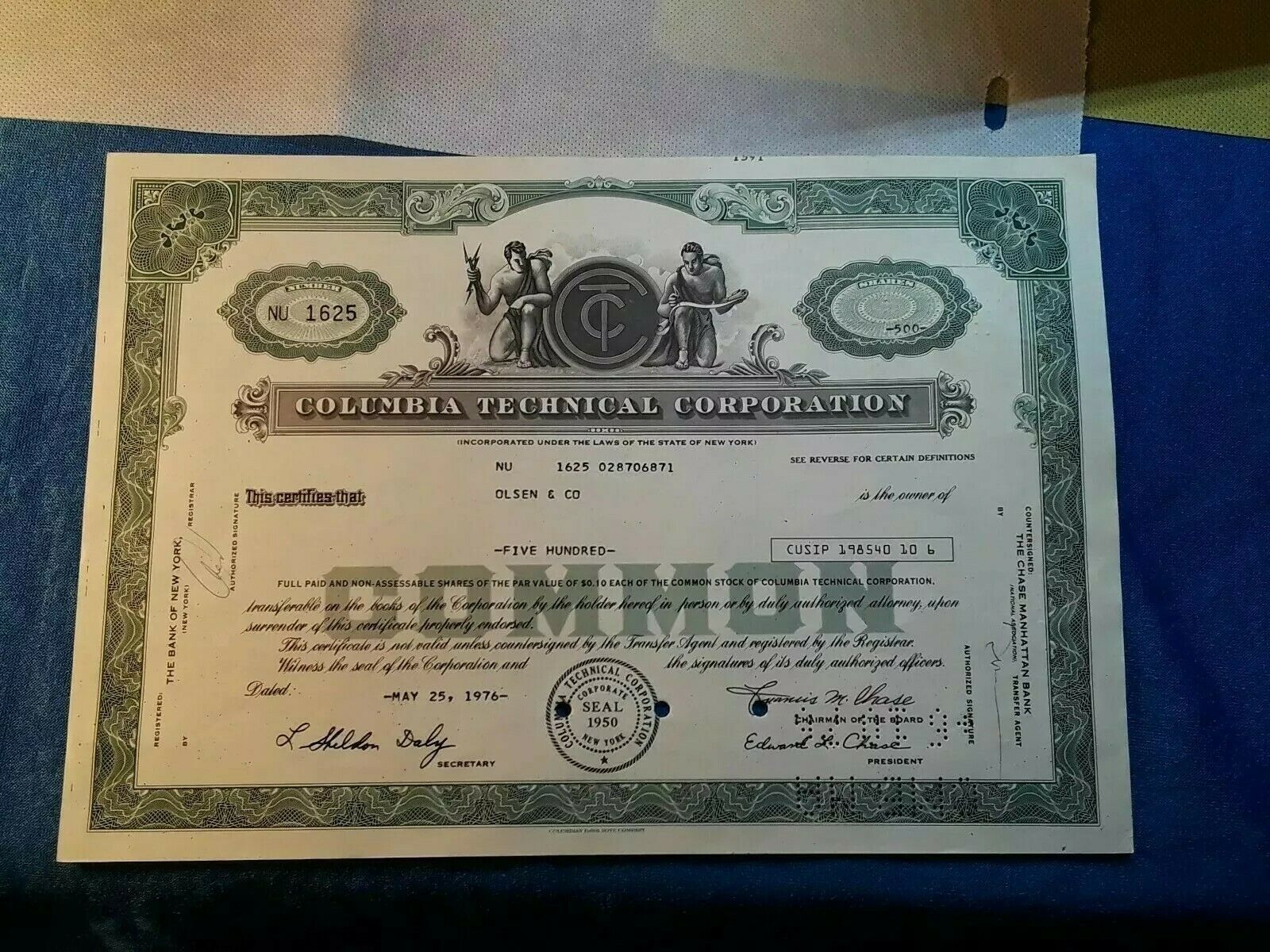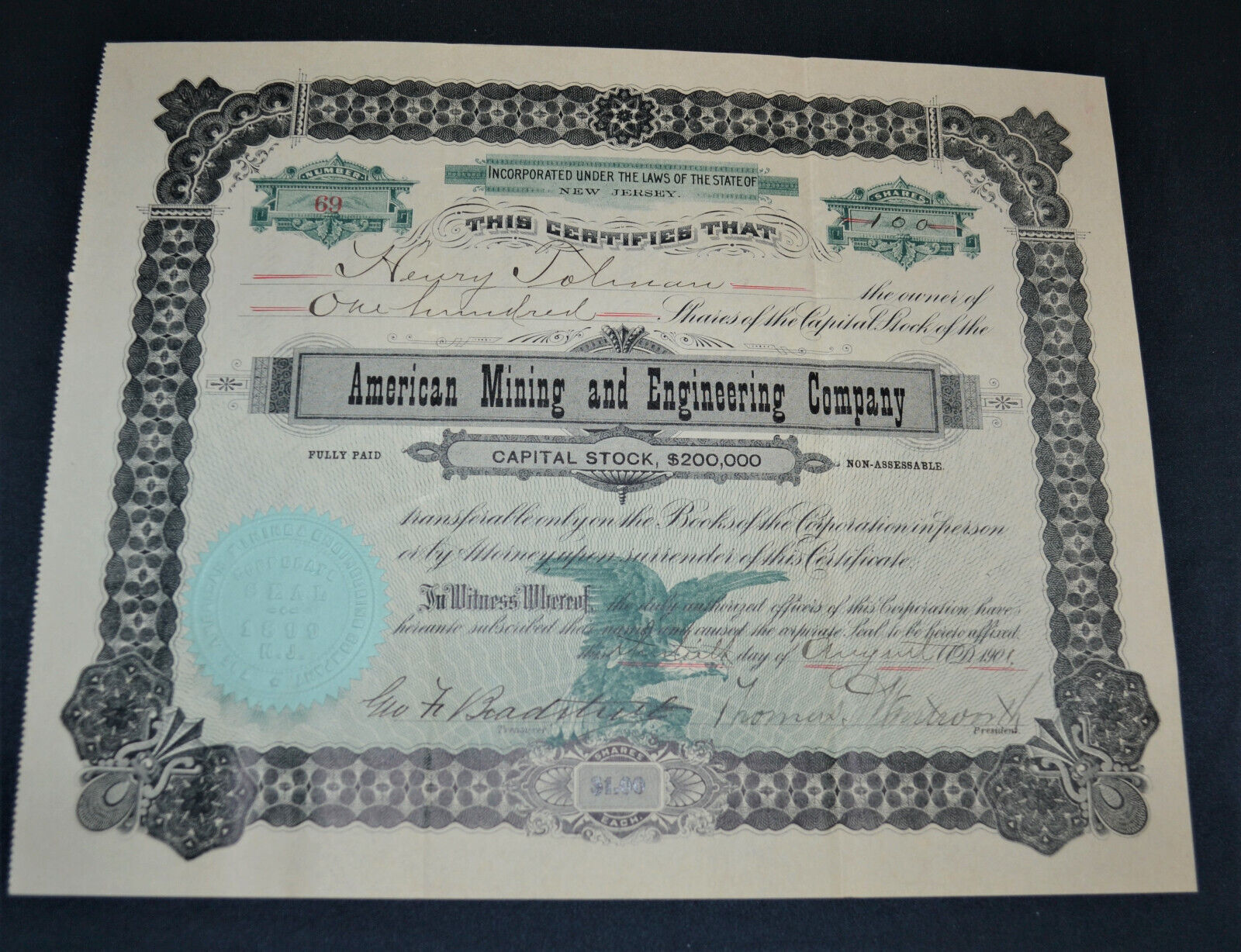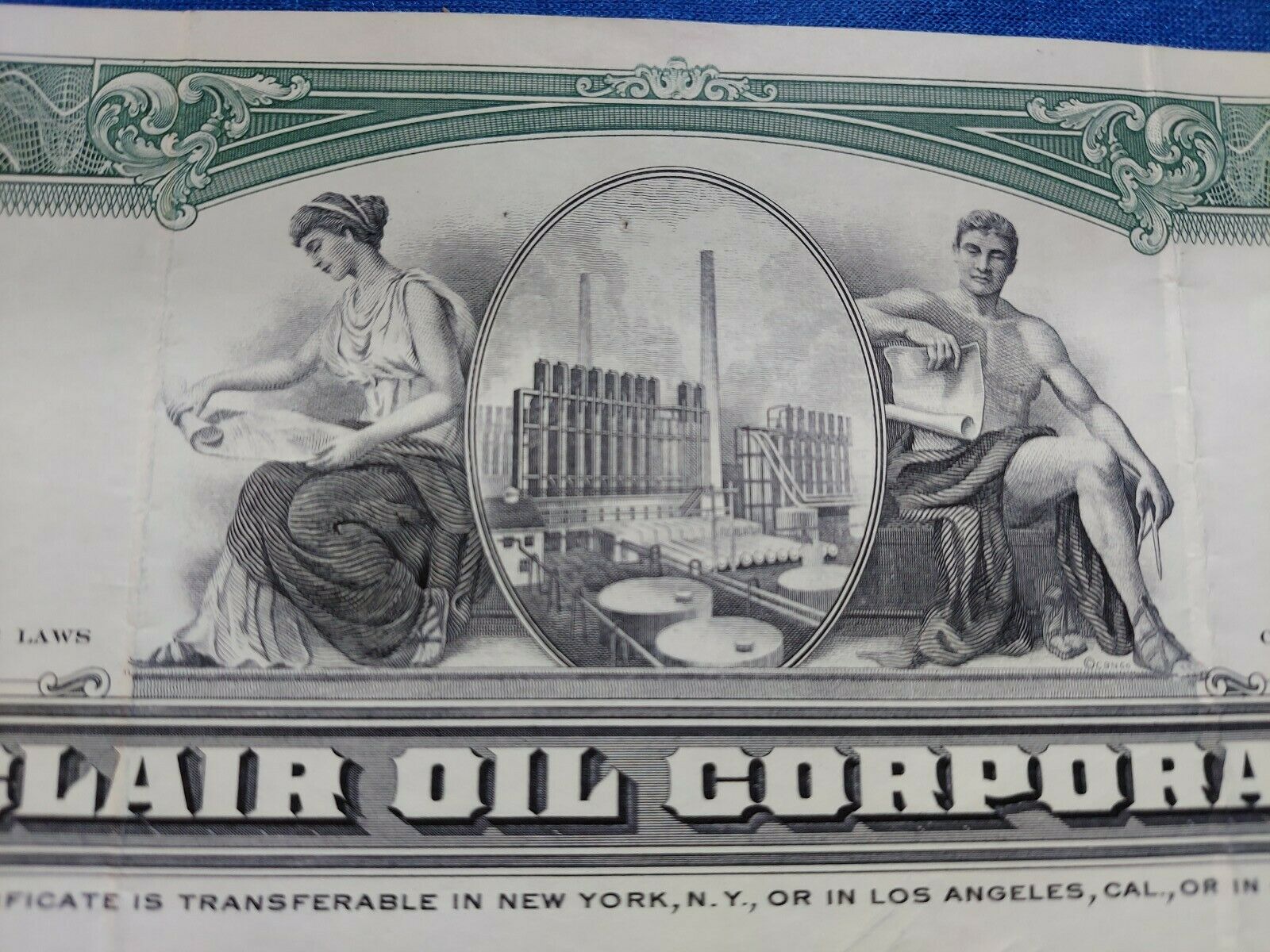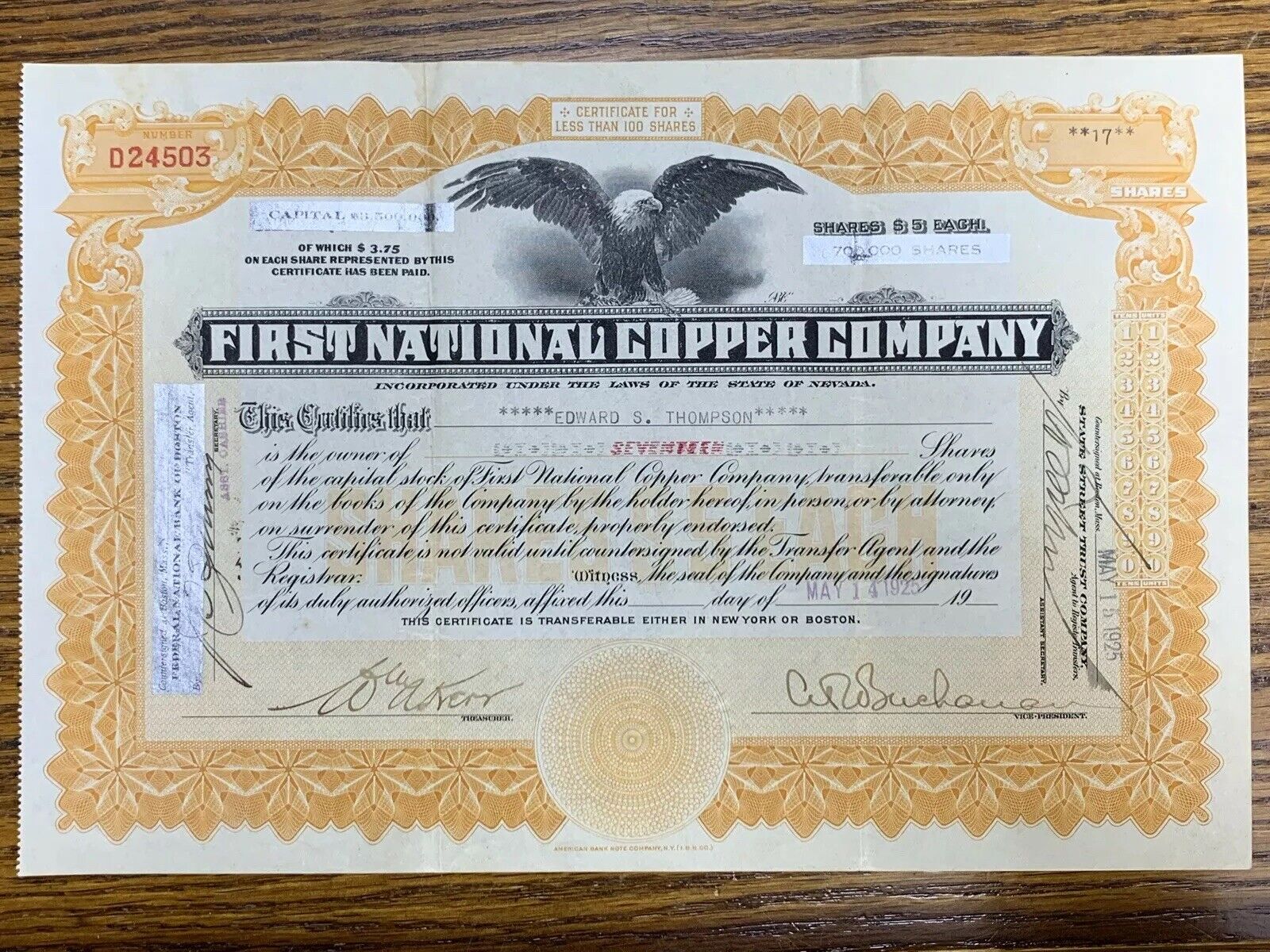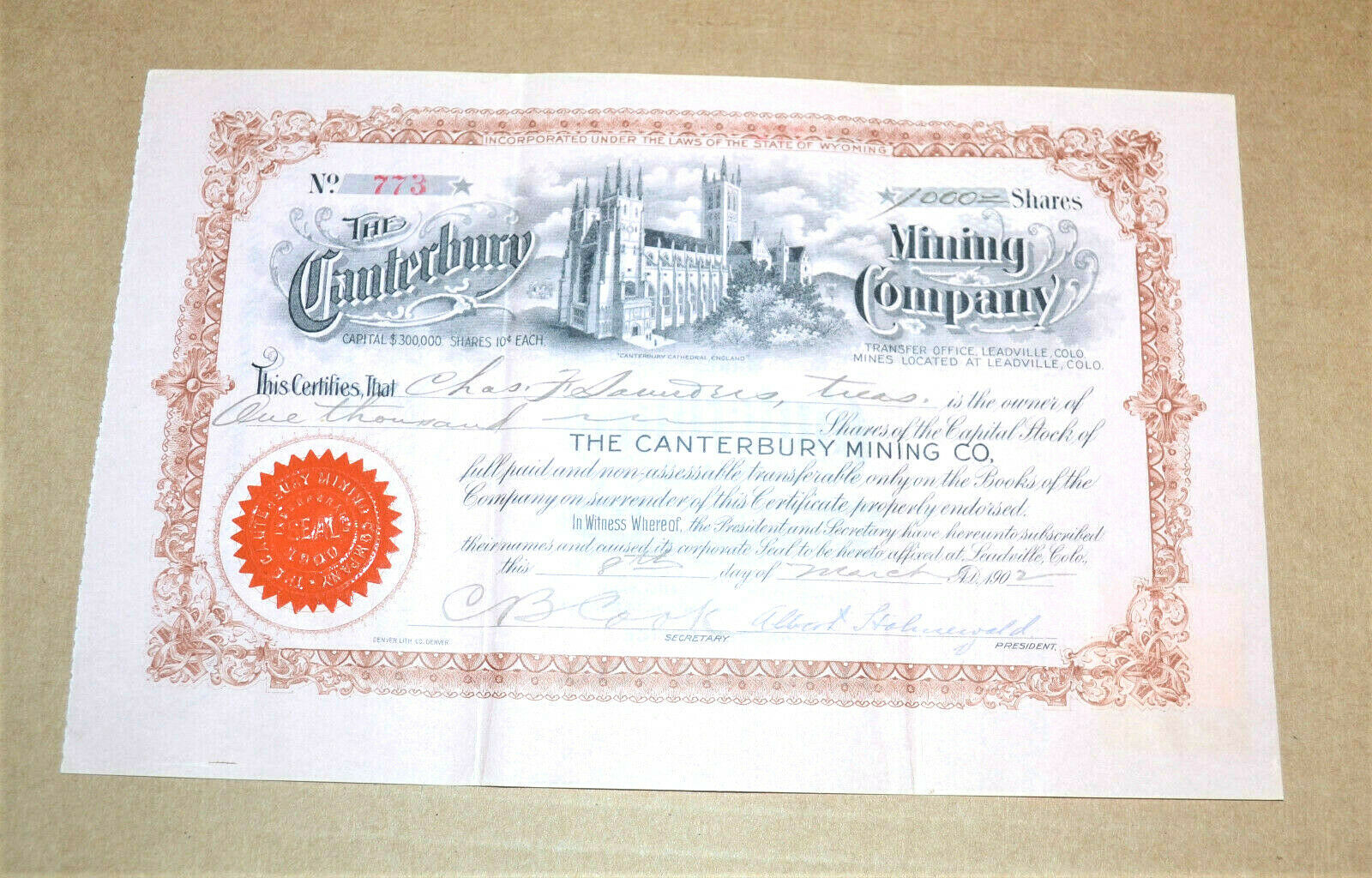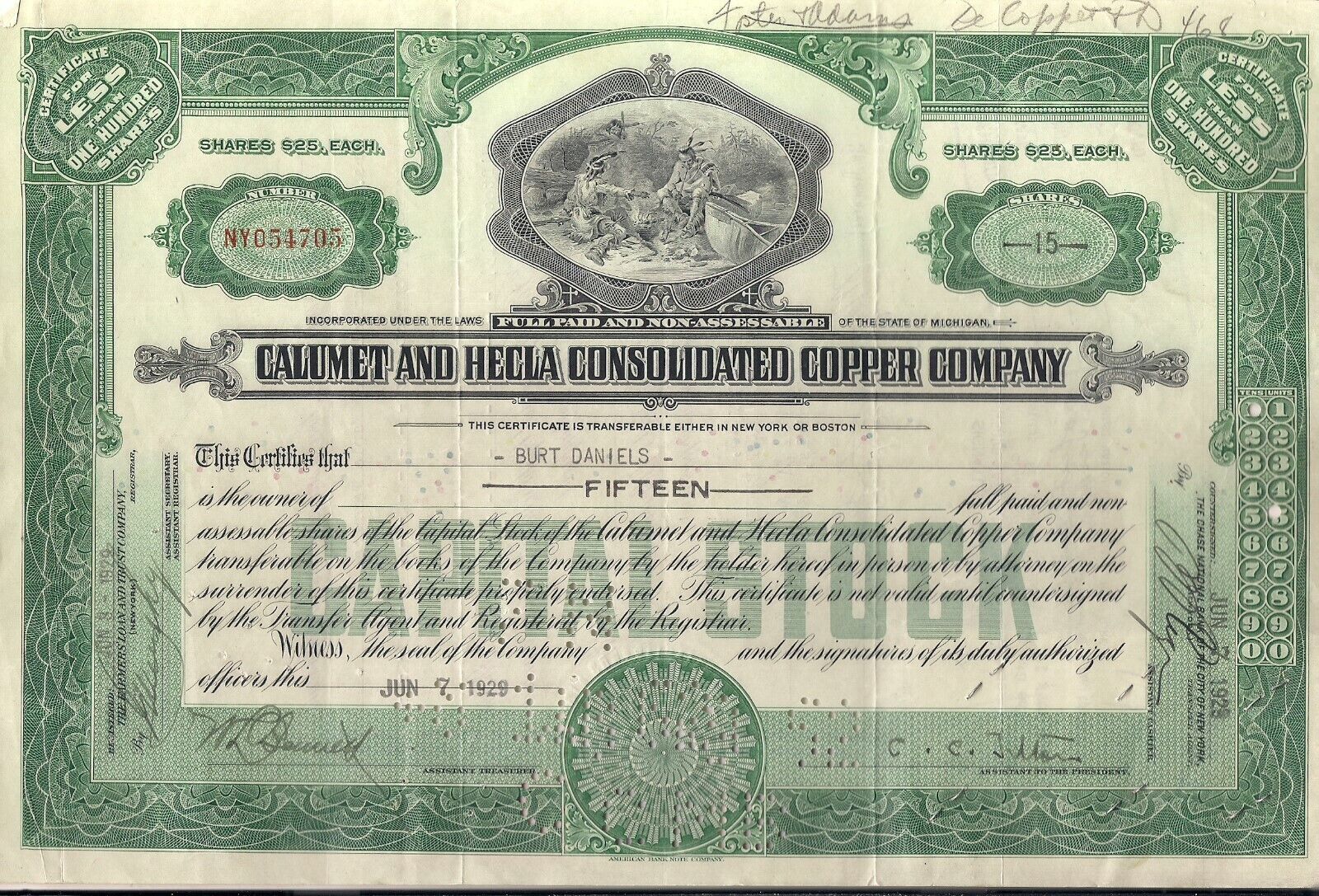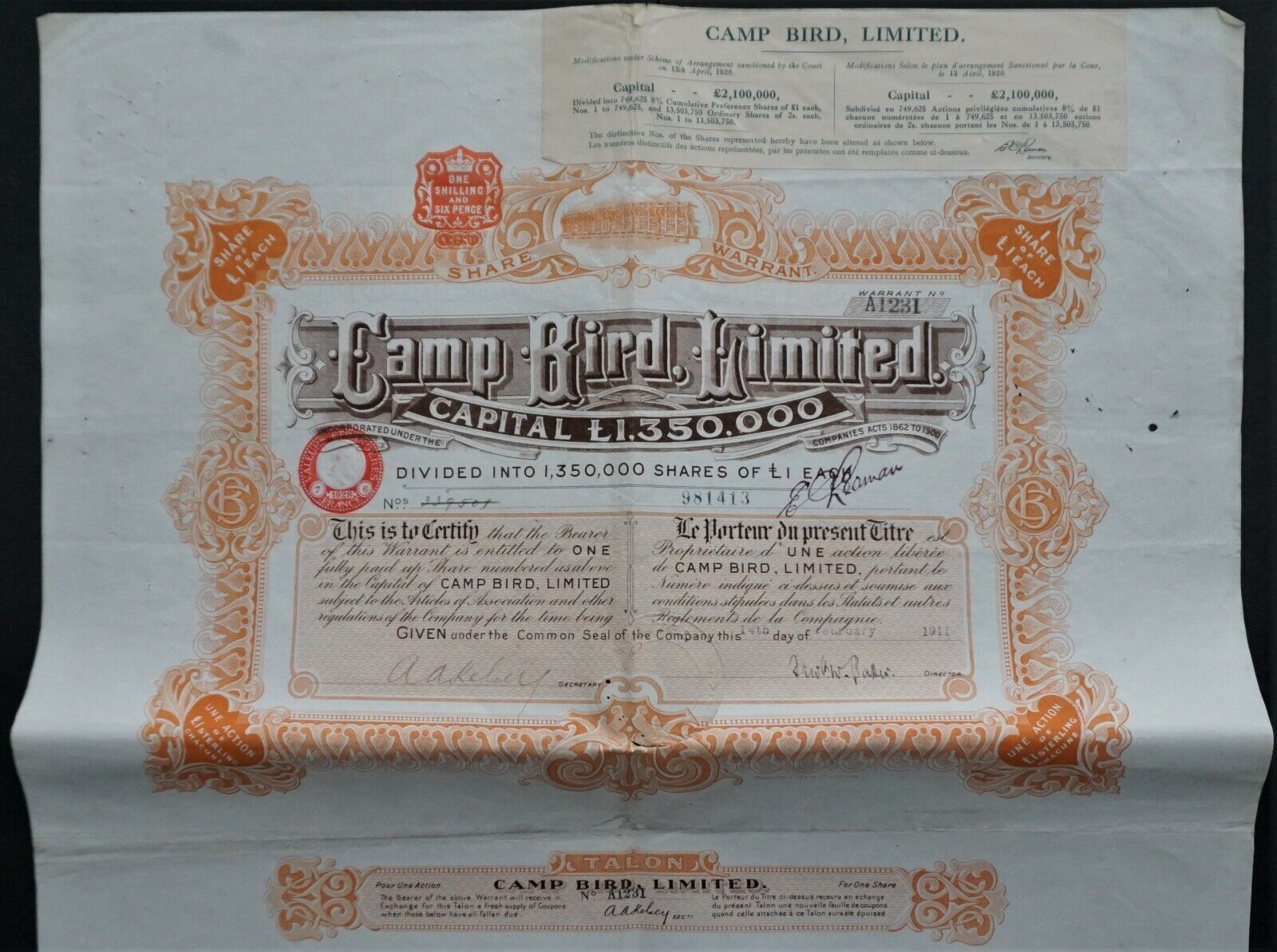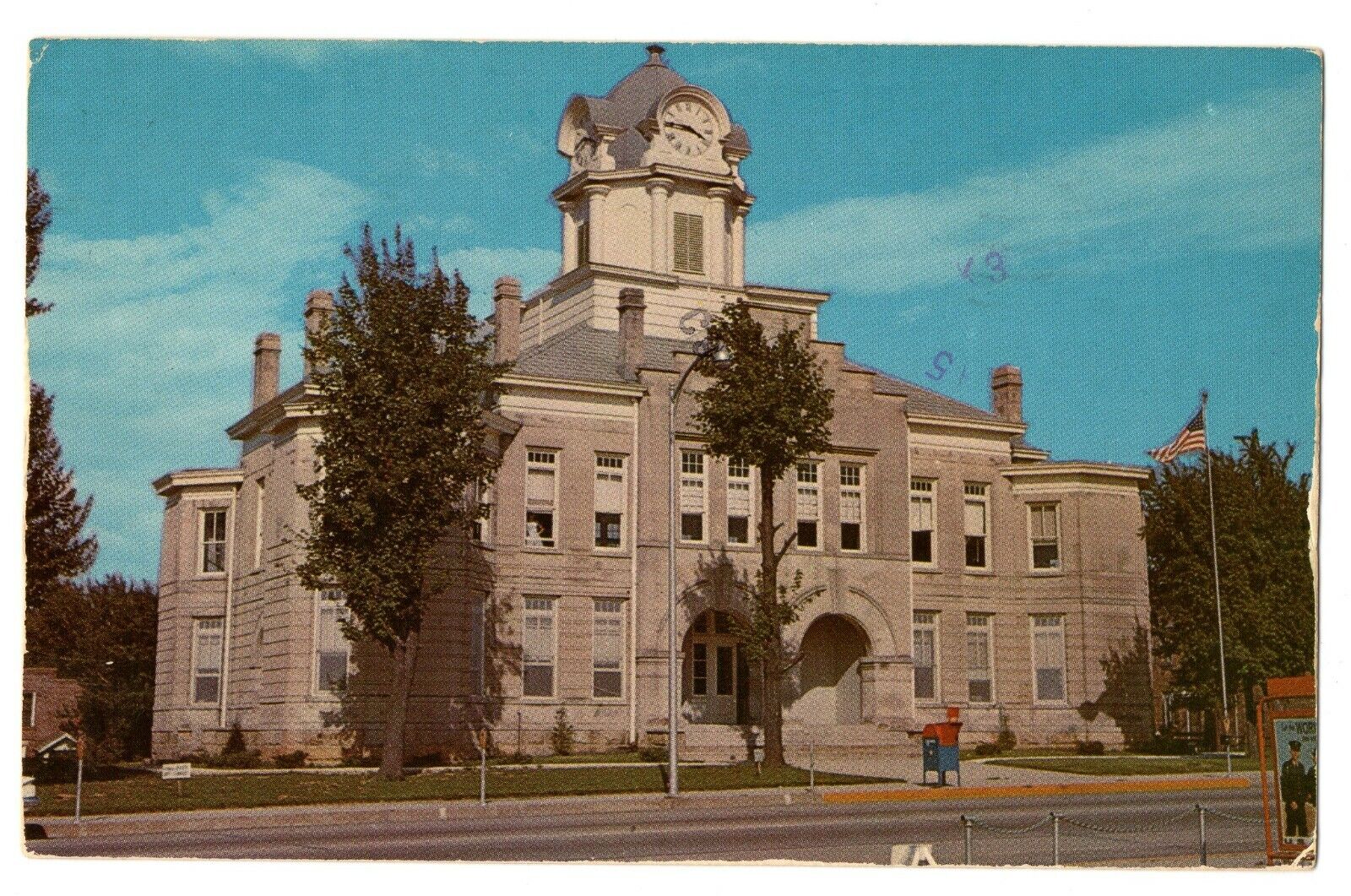-40%
South Hite Gold Mining Company 1881 antique stock certificate Yosemite Californi
$ 26.37
- Description
- Size Guide
Description
Up for consideration is a South Hite Gold Mining Company stock certificate from 1881:#1234
Issued to H. R. Griffin for 100 shares on December 9, 1881
Signed by S. D. Osbourne as vice president and J. F. Towle as assistant secretary
Incorporated in California
Capital stock of 0,000
Printer: Maverick & Wissinger, Engravers, 176 Fulton Street, New York City.
Uncancelled
Certificate in very good condition
Vignette of underground miners
The South Hite Gold Mining Company owned and operated the South Hite Gold Mine situated on the South Fork of the Merced River near the Yosemite Valley (Mariposa County, California), just south of Hites Cove (elevation of 1,578 feet). Hites Cove is just west of El Portal, at the western boundary of Yosemite National Park. Gold was first discovered at Hites Cove in 1862 by John R. Hite, where he set up a small mining camp. John Hite (Hite & Company) operated his gold mine from 1862 to 1879, with increasingly expanding operations, first by using an arastra (a crude ore grinding mill using stones within a circular pit driven by water power), and then stamp mills (including a 40-stamp mill) (Hite invested his profits wisely and later became a millionaire from real estate). The South Hite Gold Mining Company took over mining operations in 1881; William H. Widman was the company mining superintendent. Lode ore was from a mineral rich gold-quartz vein up to 12 feet thick. The greatest depth of mine development was about 800 feet with several levels of cross-cut tunnels and at least nine drift levels along the ore vein. Over its life span the Hites Cove mine produced an estimated 3 million dollars worth of gold (period dollars). Nearby mines to Hites Cove included: the Brown Bear, Bunker Hill, Confidence, Emma, Eureka, Georgia Point, Hite, Hite Central, Kaderitas, Mexican, and Williams Mines. (Placer gold mining began in this area shortly after the 1849 California Gold Rush to the north in El Dorado County. Hites Cove had a post office from 1868 until about 1889.)
John Hite was a successful prospector, and the history of his life is fascinating. Starting out on the prospecting trip in 1861, which culminated in his great discovery, he was furnished a sack of flour and a few provisions by Michael Cashman, a merchant of Coulterville. At a time when his provisions were almost exhausted, and after a scramble up and down the rugged mountains, through thickets of chaparral and greasewood that were almost impenetrable to a grizzly bear, and at a moment when hope was almost extinct, the lucky star of his good fortune directed him to the outcroppings of a ledge which exhibited gold in quantities to attract more than ordinary attention. Hite’s gold discovery was along the south fork of the Merced River, within a few miles of Major Savage’s first trading post and within a few miles of the spot, where in 1857, a company of miners were heard lamenting for the good old days of forty-nine to return. A few sacks of selected rock, conveyed to the river and pounded up in a mortar, yielded sufficient to warrant the outlay necessary for the construction of an arastra. A tunnel was run into the mountain fourteen hundred feet and then extended several thousand feet in various directions. His first mill was a ten stamp, which was carried away by a flood. This was replaced by a twenty stamp mill, which was subsequently increased to a forty stamp, run by water power: He erected a good hotel, store and other buildings and planted a garden, comprising two acres, which produced a great variety of vegetables. A fountain played in every direction and the whole scene was one of beauty. The money employed in making these improvements was all taken from the mine under the sole direction of John Hite, showing him to be a man of extraordinary ability. He was a tall handsome man, industrious, hard-working, active and energetic. His mine made him a millionaire and he invested heavily in San Francisco real estate and in ranch property throughout the State.
